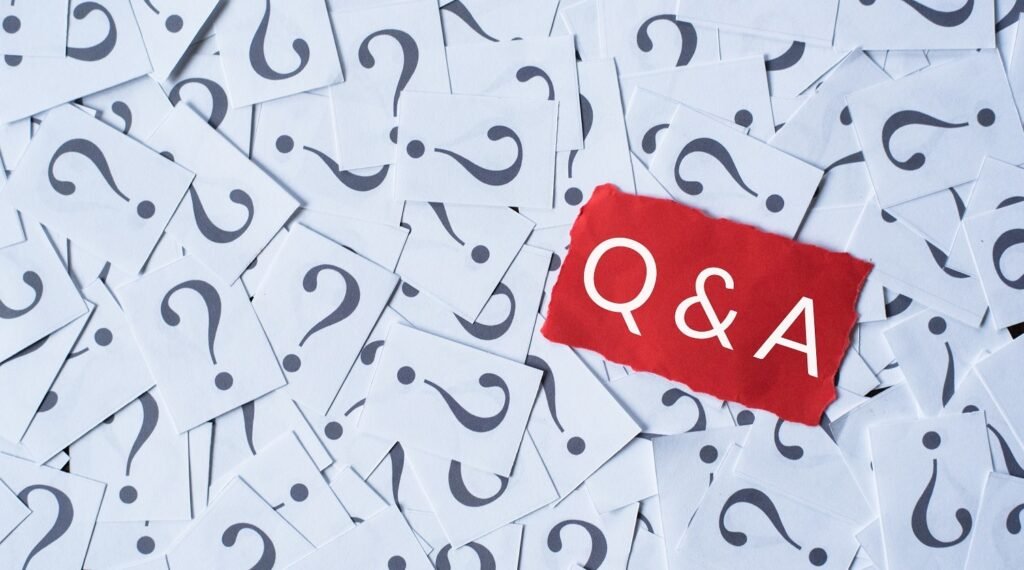On October 26, 2023, EnviX’s researchers had a meeting with officials from Vietnam's Department of Industry and Trade (DOIT) in Hanoi to make some clarifications and to identify items to be noted by business operators in implementing chemical-related regulations. In Vietnam, inspection activities by authorities on the compliance with chemical regulations have been intensified in recent years. Alongside, rules have been changed as the Decree No. 71/2019/ND-CP on Administrative Penalties in the Field of Chemical Substances was amended by Decree No. 17/2022/ND-CP, which was enacted on January 31, 2022. In addition, the National Technical Regulation QCVN 05A:2020/BCT on the Manufacturing, Trade, Use, Storage, and Transportation of Hazardous Chemicals and the Decree No. 82/2022/ND-CP Amending and Supplementing a Number of Articles of Decree No. 113/2017/ND-CP on Detailed Provisions of the Law on Chemicals, which came into force in 2023, both of which became effective in 2023, show a trend of more stringent regulations not only on licensing for the manufacture and trade of chemicals, but also on activities such as the storage and use of chemicals. Therefore, during this interview, we also tried to confirm items to be prioritized in authorities’ inspections and future trends in such chemical-related inspections.
- Q: When applying for licenses for the manufacture or trade of conditional or restricted chemicals, the applications are subject to inspections by authorities. Then, after the licenses are granted, will any inspection be performed?
- Q: Is the presence of an import license for industrial precursors included in the inspection items conducted by DOIT?
- Q: Under the Decree 82/2022/ND-CP, business operators subject to chemical accident prevention and response measures to conduct an annual chemical accident prevention and response drill in the presence of local authorities. How should this drill be conducted?
- Q: Businesses engaged in chemical activities are required to conduct periodic chemical safety training courses for Groups 1, 2 and 3 of the facilities as specified in Article 33 of Decree No. 113/2017/ND-CP. In the case of large organizations such as multi-industry and/or group companies, is it necessary for their top management (i.e., President) to also attend the course?
- Q: National Technical Standard QCVN 05A:2020/BCT specifies many requirements for hazardous chemical warehouses, but it is difficult for smaller facilities to comply with them perfectly. What points are of particular attention to the authorities in terms of the implementation of this Standard? Are any future revisions being considered?
- Q: Can chemical effluent and containers thereof be sold to outside/other companies for reuse?
The following section provides an overview of the questions and answers we had.
 Report on Interview with Vietnamese Authorities: How to Respond to Chemical Substance Regulations
Report on Interview with Vietnamese Authorities: How to Respond to Chemical Substance Regulations 

























